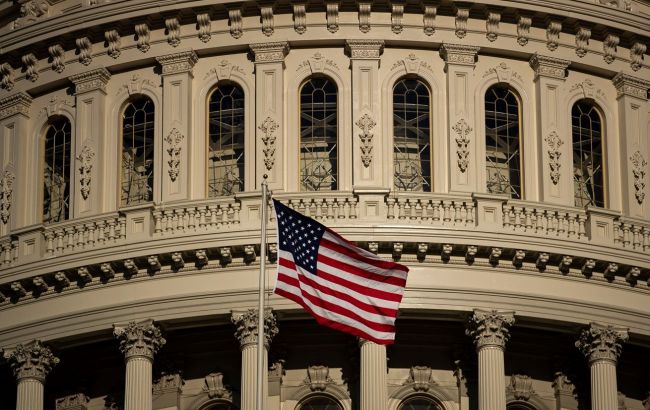US Senate sets vote on $106 billion aid package for Ukraine and Israel
 Senate to consider $106 billion aid package for Ukraine and Israel
Senate to consider $106 billion aid package for Ukraine and Israel
Senate Majority Leader Chuck Schumer announces the first procedural vote on President Joe Biden's $106 billion supplemental package to help Ukraine, Israel, the Indo-Pacific, and for humanitarian purposes in Gaza, according to The Hill.
Schumer says it is necessary to move forward because Ukraine was running out of resources to continue the war against the Russian invasion.
"I urge every single senator to think where we are at this moment in history. America’s national security is on the line around the world — in Europe, in the Middle East and the Indo-Pacific," Schumer says.
According to him, funding can determine the trajectory of democracy for many years to come. "We are at a moment in history," he adds.
However, Republicans have said they will vote against the bill if it does not include a border component. The GOP says a border agreement is paramount to gaining support for the bill, as it cannot pass the House without it.
Senator Chris Murphy (D-Connecticut), the Democratic Party's chief negotiator, told reporters that the talks broke down because Republicans refused to back down. "That’s what it feels like. That Republicans want us to swallow their most difficult proposals and aren’t interested in sitting down and working this out," Murphy adds.
The talks have been focused on reducing asylum applications and parole, but Republicans have said in recent weeks that they believe Democrats are refusing to make concessions in the negotiations.
Closed session of the Senate
Senior administration officials, including Secretary of State Anthony Blinken, Defense Secretary Lloyd Austin, and Director of National Intelligence Avril Haynes, will brief all senators on the situation in Ukraine on Tuesday. The briefing will be classified.
Schumer announced that the administration has also invited Ukrainian President Volodymyr Zelenskyy to address the senators via secure video to outline the situation facing Kyiv.
Lawmakers have no hard and fast deadline to pass the supplemental bill, which could hypothetically stretch into next year. But the White House has said that without congressional action, it will run out of aid to Ukraine by the end of the year.

